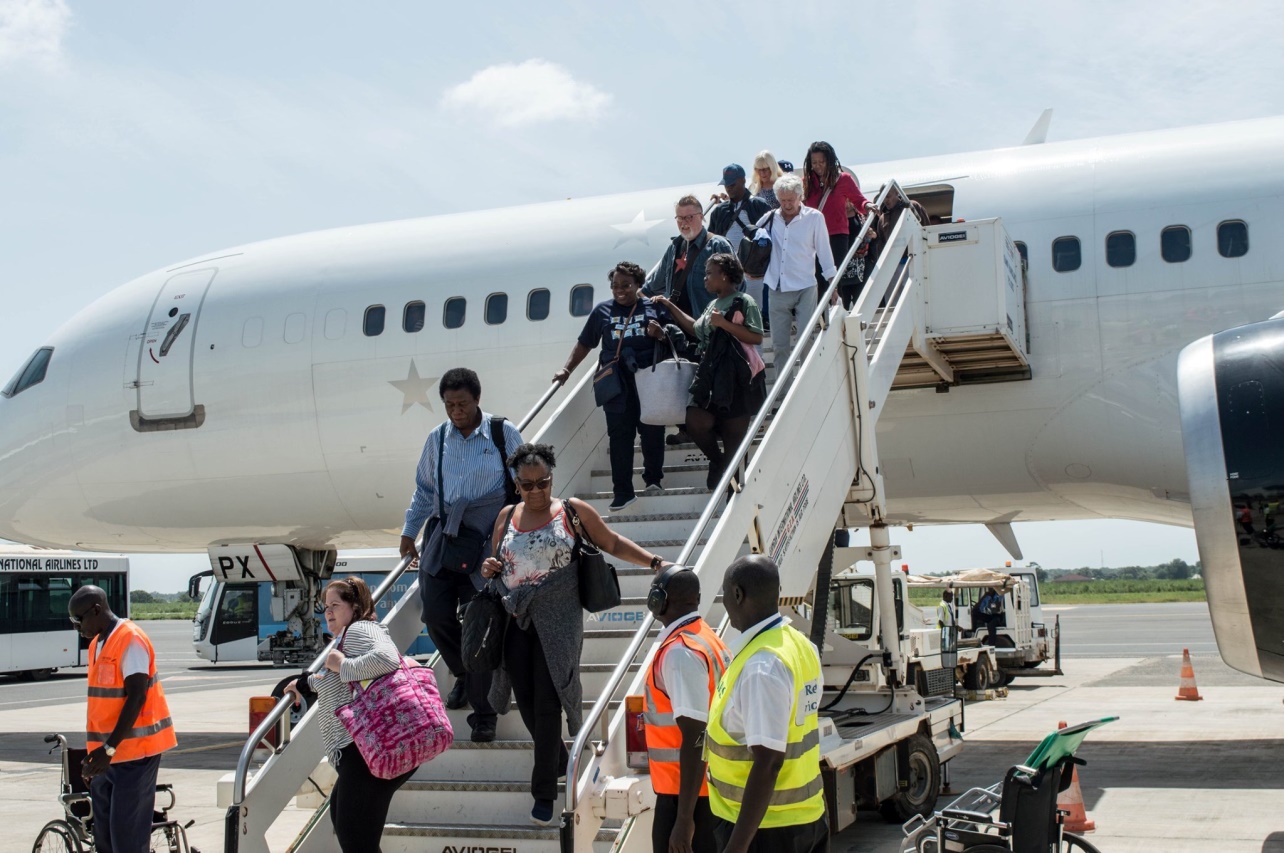KebbaAnsu
The chances for the revival of Gambia’s tourism industry has further dwindled as the United Kingdom (UK) tightening up measures to combat the spread of Covid-19 pandemic thus restricting travelers from leaving its shores.
The new restriction includes a monetary fine of five thousand pound sterling (£5,000) for potential holidaymakers including outbound British tourists to The Gambia.
In a statement issued on Friday, the UK Government stated under the new lockdown rules: ‘Holiday travel is not currently allowed – either in the UK or abroad and £5,000 fine for trips abroad in new Covid law’ will be charged for the law breakers.
The new lockdown rules imposed by the authorities in UK means The Gambia will continue to losing significant account of tourists coming to the country for holidays. About 40 percent of Gambia’s inbound tourists come from the UK thus dwindles the hopes of thousands of Gambians whose livelihoods depend on the tourism industry.
Currently, many tourism businesses and players operating in the Gambia’s tourism industry are either close for business or forced to closed down due to low turnout of tourists visiting the country since the Coronavirus was declared as a global pandemic by the World Health Organisation (WHO).
Many countries that supply the country with tourists are on lockdown imposed in the fight against the spread of the deadly virus. UK authorities further stated that one can only travel abroad for essential reasons – the same as the “reasonable excuses” for domestic travel.
Though The Gambia is not among the ‘Red-Listed’ African countries, many others including Angola, Botswana, Burundi, Cape Verde, Democratic Republic of the Congo, Eswatini, Ethiopia, Kenya, Lesotho, Malawi, Mozambique, Namibia, Rwanda, Seychelles, Somalia, South Africa, Tanzania, Zambia, Zimbabwe are totally banned from travelling to the UK.
The UK’s “red list” of countries – from which entry to the UK is banned – is being expanded to include Bangladesh, Pakistan, Kenya and the Philippines. The changes, which will come into force on 9 April, following concerns about the spread of new variants of coronavirus in these countries.





